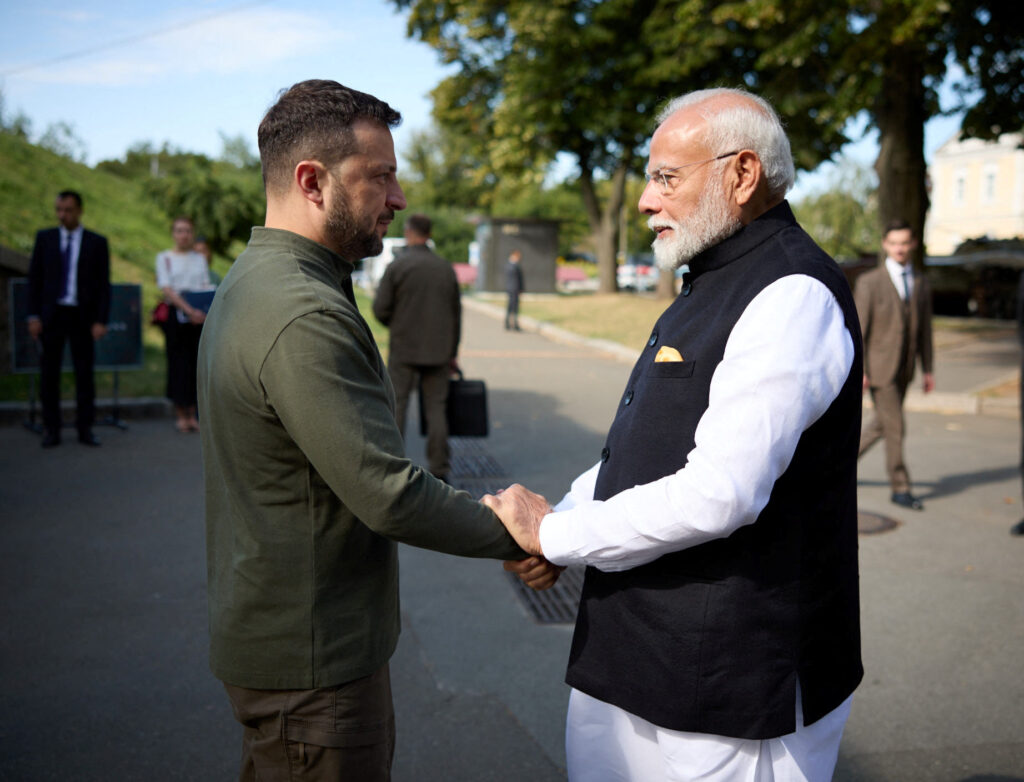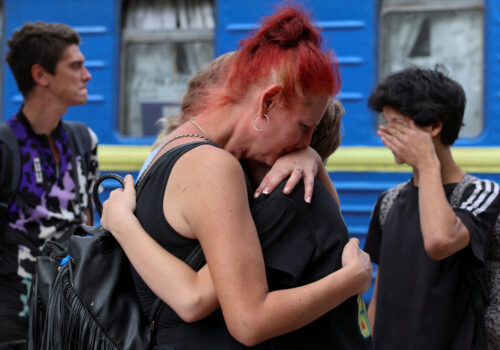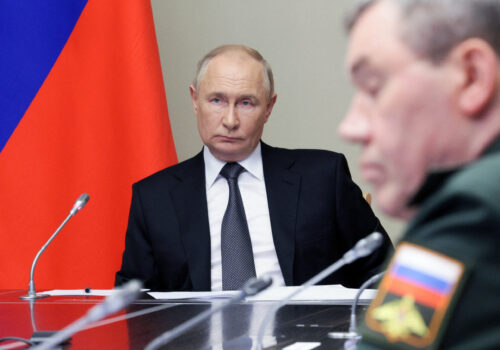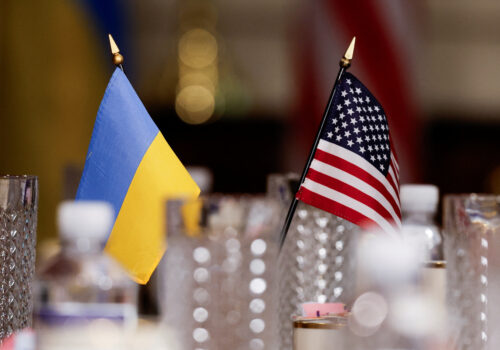Indian Prime Minister Narendra Modi paid an historic visit to Kyiv in late August, becoming the first Indian leader to travel to the country since Ukraine regained independence in 1991. Modi’s arrival in the Ukrainian capital was billed as part of ongoing international efforts to secure a peaceful resolution to the war between Ukraine and Russia. Many also saw his trip as further evidence of Delhi’s diplomatic balancing act, as India seeks to counter negative perceptions of its close economic and defense ties with Moscow while underlining its status as an emerging geopolitical power in its own right.
Prior to Modi’s visit, some analysts suggested he was heading to Kyiv with damage limitation in mind following a backlash over his July trip to Moscow and embrace of Russian President Vladimir Putin at a time when Russian missiles were raining down on targets in Kyiv, including the country’s largest children’s hospital. Modi’s high-profile hug with Putin brought a sharp rebuke from Ukrainian President Volodymyr Zelenskyy that initially threatened to spark a diplomatic rift between Delhi and Kyiv. However, the two leaders appear to have opted for a more constructive response.
Speaking alongside Zelenskyy in Kyiv, Modi’s peace rhetoric was largely unchanged from the message he had delivered weeks earlier in Moscow. He stressed that only dialog and diplomacy could end the fighting, while also voicing his support for Ukraine’s sovereignty and territorial integrity. Significantly, Modi arrived in Ukraine amid the country’s surprise cross-border offensive into Kursk Oblast. While the Ukrainian invasion of Russia was not on the official agenda, Modi’s presence did suggest recognition that the operation falls within Ukraine’s right to self-defense.
Stay updated
As the world watches the Russian invasion of Ukraine unfold, UkraineAlert delivers the best Atlantic Council expert insight and analysis on Ukraine twice a week directly to your inbox.
India is currently seeking to plot a geopolitical course that protects the country’s trade and energy interests, while reducing its reliance on Russia in the defense sector and increasing engagement with Ukraine and other countries in the region including Poland, which Modi visited on the eve of his arrival in Kyiv. Underscoring the importance of his Ukraine trip, the Indian Prime Minister was accompanied by a high-level delegation including Indian Foreign Minister Subrahmanyam Jaishankar and National Security Advisor Ajit Doval.
Although the landmark visit did not yield any major breakthroughs, Modi and Zelenskyy did reach a number of agreements that should allow the two countries to expand cooperation in the agrarian, healthcare, cultural, and humanitarian sectors. The terms of the humanitarian agreement signed in Kyiv could help pave the way for an Indian role in Ukraine’s reconstruction. The joint statement issued by both leaders following their summit also mentioned significant potential for deepening partnership in the defense sector, with India believed to be interested in Ukraine’s rapidly evolving drone technologies.
Eurasia Center events

India’s openness to greater engagement is an indication that attitudes toward Ukraine are evolving, with Delhi keen to counter perceptions that the country views Ukrainian affairs predominantly through a Russian lens. Today’s diplomatic language is certainly more nuanced than the position adopted at the onset of Russia’s attack on Ukraine a decade ago. In 2014, Indian officials initially responded to the seizure of Crimea by stating that Russia had “legitimate interests” in Ukraine. Such messaging is no longer seen as helpful in Delhi. As an aspiring economic superpower, India now seeks to project the image of a leading global player and cannot afford to be seen as too close to the Kremlin.
Another factor driving the strengthening of bilateral ties is people to people contacts. Zelenskyy stressed this point when he met with Indian journalists during Modi’s visit, expressing his own interest in getting to know more about India. Ukraine’s large community of Indian students and the country’s Indian diaspora are already playing an active role here, sharing personal stories of life in Ukraine that often run directly counter to Russian propaganda. The positive experiences of Indians in Ukraine contrast sharply with the fate of numerous Indian citizens who have been lured to Russia since 2022 to fight in Ukraine. Zelenskyy noted that Modi had specifically raised this issue during their talks in Kyiv.
Much homework still needs to be done by India and Ukraine in order to take bilateral cooperation to the next level. Delhi must also address the elephant in the room, namely how it can continue benefiting from cheap Russian energy supplies without enabling Putin’s war economy. At the same time, it is worth stressing that the visit of an Indian Prime Minister to Ukraine is a significant diplomatic event for both countries that few would have anticipated as recently as one year ago. As India seeks to consolidate its position on the world stage, the dynamic of relations with Ukraine is now on a positive trajectory and is beginning to look promising.
Dr. Mridula Ghosh is an associate professor of international relations at the National University of Kyiv-Mohyla Academy and Board Chair of the East European Development Institute.
Further reading
The views expressed in UkraineAlert are solely those of the authors and do not necessarily reflect the views of the Atlantic Council, its staff, or its supporters.

The Eurasia Center’s mission is to enhance transatlantic cooperation in promoting stability, democratic values and prosperity in Eurasia, from Eastern Europe and Turkey in the West to the Caucasus, Russia and Central Asia in the East.
Follow us on social media
and support our work
Image: India's Prime Minister Narendra Modi and Ukraine's President Volodymyr Zelenskyy shake hands before commemorating children killed during Russia's attack on Ukraine, in Kyiv, Ukraine August 23, 2024. (Ukrainian Presidential Press Service/Handout via REUTERS)




